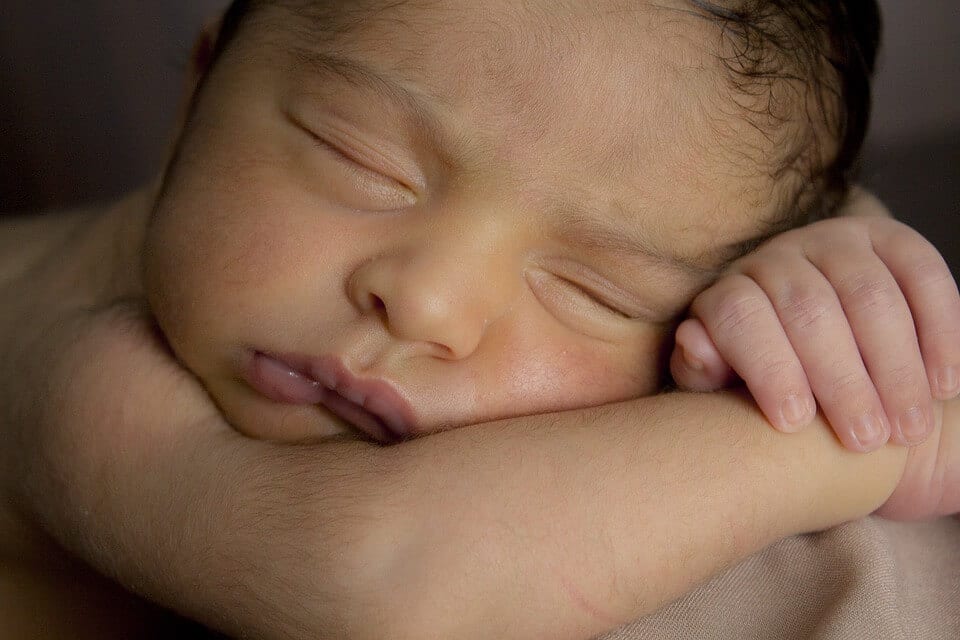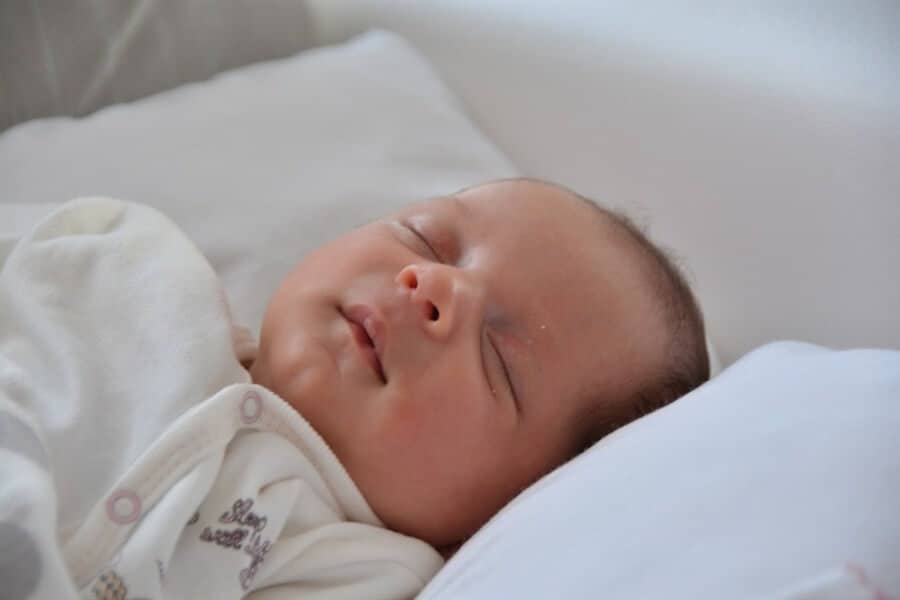Case Studies Using Clinical Hypnotherapy To Improve Sleep Problems


An intimate connection between the sleep state and the hypnotic state has been a popular theory.
From the multiple studies done on the physical characteristics of waking, hypnosis and sleep states indicate that distinct differences do exist between the three and lend support to the notion that hypnosis is an alternate state of consciousness.
The main and perhaps most interesting difference between the three is shown in the electroencephalographic (EEG) patterns; there is an increase in delta activity and a higher frequency activity observed during phases of hypnosis that are not observed in either the waking or sleeping state.
Now that we know that hypnosis is in a unique state from both sleep and the awakened state, the question that arises is: if each of these states differs from each other, is there truly any relationship between the three of them? The early misconceptions about the relationships between the hypnotic state and the sleeping state, along with similarities between the waking state and the hypnotic state, seem to suggest that there is.
Leveraging Suggestions While Sleep?
How effective can sleep suggestions made before the person goes to sleep impact their decision-making skills? A recent sleep suggestion study offered the prognosis that the mind can process information that was taken in the external environment while in the sleep state. Moreover, the subsequent REM sleep can process this information the same night. In other instances, that same information can be processed over multiple evenings while asleep. This study was to confirm that the test subjects would be able to demonstrate a responsiveness that was increased due to the suggestions they were given before going to sleep.
Students were recruited for a two-night night sleep study in which they were given suggestions over an intercom while they were asleep. Some samples of the suggestions were that their noses would continue to itch unless they scratch that itch. Another suggestion was that they would feel uncomfortable during their sleep until they move their pillow. Additional suggestions included that they would continue to fill a drop in body temperature until they were able to pull their respective blankets over their bodies.
These suggestions that were given over the intercom was only given once while each of the subjects were experiencing REM sleep. Since there were multiple groups, the suggestions were given in randomized order as well. Researchers also confirmed that there was no Alpha activity during this phase of sleep to show that none of the students were awake during these hypnotic suggestions.
Over 20% of the students responded positively to the suggestions that were given during their REM sleep. These students did not respond positively to the same suggestions while they were awake during the day. The students also did not remember anything that had transpired while they were asleep the night before. In the 5 months follow up, a majority of the students continued to respond to the suggestions that were given while they were asleep. The same students did not respond at all while they were awake, thus confirming the effectiveness of hypnotizability during sleep.

Altered States Of Consciousness During The Sleep Process?
Hunter-gatherers are more likely to use dreams to seek and control supernatural power than food producers.
Extrapolating from Barry, Child, and Bacon’s finding that hunter and gatherer children have more pressure toward self-reliance, independence, and achievement than food producers. D’Andrade expected that hunter-gatherers would have more anxiety about loneliness and therefore would be more likely to have dreams seeking to control supernatural power.
Societies that incorporate non-possession trances are most likely to use dreams to seek and control supernatural power.
Societies in which sons live in different villages or local groups than their parents are more likely to use dreams to control supernatural power than patrilocal societies.
Adverse Effects Associated With Sleep Hypnosis?
This review aimed to investigate the effects of hypnosis interventions on sleep, to describe the hypnotic procedures, and to evaluate potential adverse effects of hypnosis.
How effective can hypnosis be when a person needs to improve their sleep patterns due to existing health problems that need to be modified? This study was conducted where several studies were compiled to take into consideration the cost-effectiveness that is associated with hypnosis intervention to improve a myriad of health conditions. This study also sought to evaluate whether or not any adverse effects were associated with patients while under hypnosis.
Over a hundred and thirty abstracts were reviewed where they had at least one measurement of sleep outcome in their qualitative analysis.
Over 50% of the studies that were evaluated showed a positive benefit to the patients that used hypnosis to improve their outcomes for sleep. Researchers also made sure to only include studies that had minimal bias related to outcomes as well.
Researchers concluded that clinical hypnotherapy strategies have been quite promising for individuals that were experiencing problems with sleep. Ongoing research was also suggested since there were very few if any adverse effects associated with this modality. Future studies would also include larger sample sizes too further confirm outcomes that were outlined with smaller groups.


